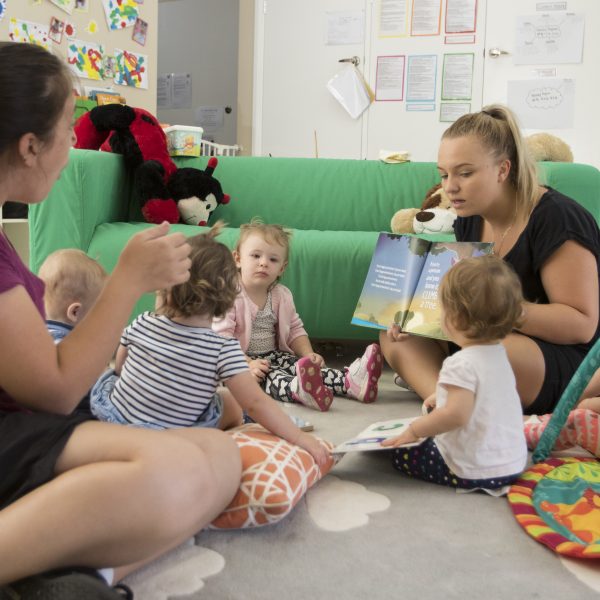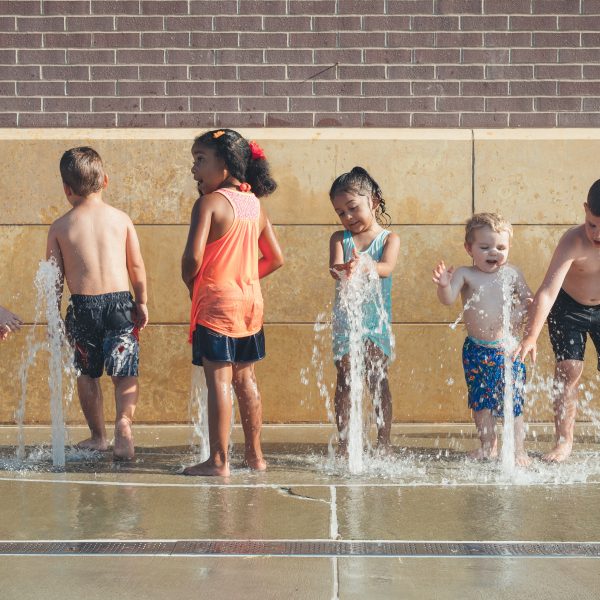Learning through play beyond the early years: new report says all children should learn like preschoolers

Play-based learning is generally associated with preschool children, but new research provides a model for playful learning at school, which will be of interest to outside school hours care (OSHC) services and early childhood education and care services preparing their preschoolers for their first year of school.
The Australian Council for Educational Research (ACER) and the LEGO Foundation have investigated the role and impact of learning through play in the primary school classroom.
Learning through Play at School explores eight different approaches to teaching and learning, or ‘integrated pedagogies’, commonly used in primary school education:
- active learning
- co-operative and collaborative learning
- experiential learning
- guided discovery learning
- inquiry-based learning
- problem-based learning
- project-based learning
- Montessori education.
The report describes how these approaches are the ‘older siblings’ of learning through play, and how they can positively impact learning outcomes across a range of areas, including cognitive, social, emotional, creative and physical skills.
Discussing the report in ACER’s Teacher magazine, lead authors Rachel Parker and Dr Bo Stjerne Thomsen explain, “The study bridges the divide between the pedagogies of preschool and primary school, and identifies ‘what next’ after children learn through play.”
“We found common enabling factors existed across the different approaches; that is, they all seemed to work best when certain conditions were present.”
Previous LEGO Foundation research has concluded that play in the early years is educational when it is joyful, meaningful, actively engaging, iterative and socially interactive. The latest report confirms that effective integrated pedagogies for children aged 6-12 years share these same characteristics.
According to the authors, the success of integrated pedagogies is dependent on implementation quality factors relating to instructional design, implementation processes, curricula and assessment, teachers, learners, schools and community.
The report presents a wide range of examples of successful implementation from schools around the world.
“Instead of advocating for one approach as inherently better, we address the ‘why’ and ‘how’ of different integrated approaches to continue to expand discussions about quality teaching and learning. Educators and students have never benefited from dichotomous ‘either-or’ stances about what works in education,” Ms Parker and Dr Thomsen write in Teacher.
For more information, the original article from Teacher magazine is titled ‘How can children learn through play at school?’, or visit the LEGO Foundation website to download the full report.
Popular

Policy
Practice
Provider
Quality
Research
Workforce
Beyond the headlines: celebrating educators and the power of positive relationships in early learning
2025-07-07 10:00:24
by Fiona Alston

Workforce
Policy
Quality
Practice
Provider
Research
ECEC must change now, our children can’t wait for another inquiry
2025-07-02 07:47:14
by Fiona Alston

Workforce
Quality
Practice
Provider
Research
Beyond the finish line: Championing child protection one marathon at a time
2025-07-08 09:15:32
by Fiona Alston













